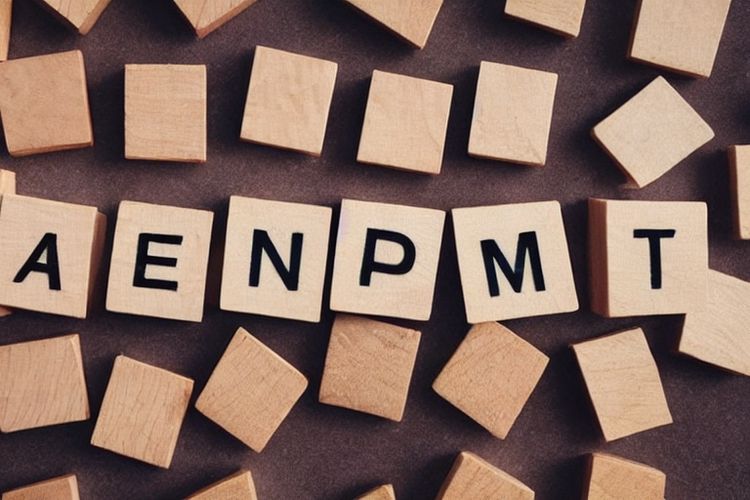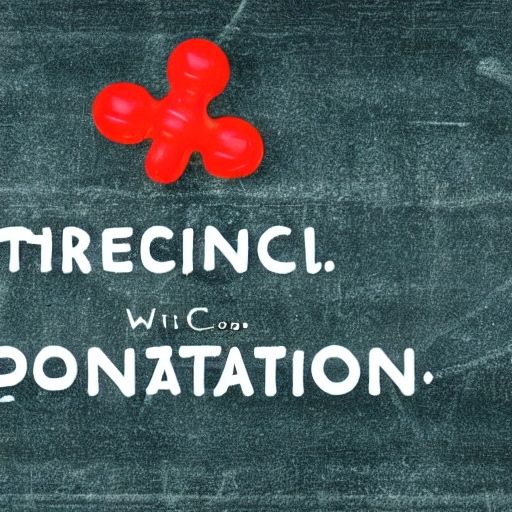Liberating the Mind: Non-Pharmaceutical Solutions for Tackling Anxiety and Depression

In today’s fast-paced world, anxiety and depression have become increasingly prevalent mental health issues. With the current pandemic adding an extra layer of stress and uncertainty, the need for effective solutions to tackle these conditions has never been more crucial. While some individuals turn to pharmaceutical interventions, it is essential to recognize that there are non-pharmaceutical alternatives that can liberate the mind from the chains of anxiety and depression.
One of the most powerful non-pharmaceutical solutions for anxiety and depression is therapy. Various therapeutic approaches, such as cognitive-behavioral therapy (CBT), have been proven highly effective in reducing symptoms and equipping individuals with the tools to better cope with their emotions. By working with a trained therapist, people can gain a deeper understanding of their triggers, thought patterns, and negative beliefs, ultimately reprogramming their minds to adopt healthier and more positive perspectives.
While therapy focuses on the psychological aspects, another non-pharmaceutical solution that has gained increasing recognition is the practice of mindfulness and meditation. These ancient techniques, with roots in Buddhist philosophy, are designed to cultivate awareness and bring one’s attention to the present moment without judgment. Research has shown that regular mindfulness practice can significantly reduce anxiety and depression symptoms. By training the mind to stay focused on the present rather than dwelling on the past or worrying about the future, individuals can break free from the exhausting cycle of negative thoughts.
Exercise is another powerful tool for liberating the mind from anxiety and depression. Engaging in physical activities such as running, yoga, or dancing can release endorphins, which act as natural mood lifters. Not only does exercise improve physical well-being, but it also provides a respite from daily stressors and creates space for introspection. Regular exercise has been shown to enhance feelings of accomplishment and self-esteem, alleviating anxiety and depression symptoms in the process.
Social support is pivotal in tackling mental health issues, and building strong relationships is an influential non-pharmaceutical solution. Sharing one’s struggles with trusted friends or family members can offer a tremendous relief by providing a sense of connection and empathy. Participating in support groups or seeking out online communities related to anxiety and depression can also create a space for individuals to share experiences, gain valuable insights, and find solace in the knowledge that they are not alone in their struggles.
Additionally, adopting a healthy lifestyle by focusing on nutrition and sleep can have a significant impact on mental well-being. Research suggests that a diet rich in fruits, vegetables, whole grains, and lean proteins can provide the necessary nutrients to support brain health and reduce symptoms of anxiety and depression. Similarly, prioritizing consistent and quality sleep helps to regulate mood and emotional stability.
While pharmaceutical interventions can be necessary and beneficial for some individuals, it is essential not to overlook the non-pharmaceutical alternatives for liberating the mind from anxiety and depression. Embracing therapy, practicing mindfulness and meditation, engaging in regular exercise, seeking social support, and adopting a healthy lifestyle can empower individuals to take back control of their mental well-being. By exploring these non-pharmaceutical solutions, individuals can find sustainable relief and rediscover the joy and serenity that comes with a liberated mind.



